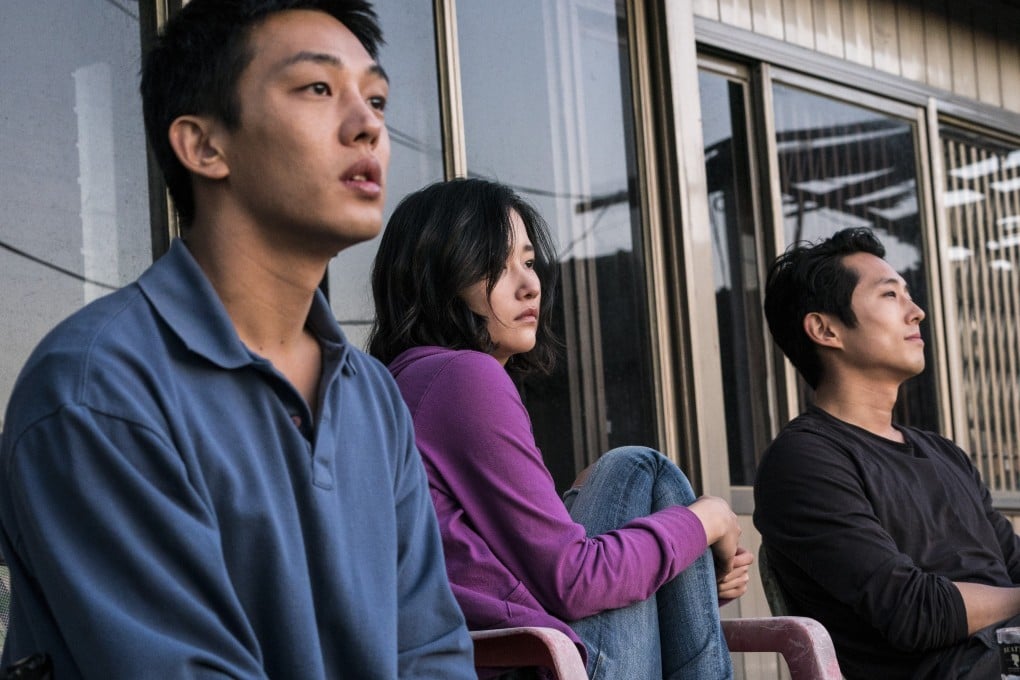Burning director Lee Chang-dong: the South Korean’s six feature films ranked, from good to great
- Director’s films champion individuals struggling on the fringes of society, and offer a platform for actors to produce their best work
- In Burning, Yoo Ah-in’s frustrated, would-be writer Jong-su finds himself caught between free-spirited beauty Hae-mi and the aloof, Gatsby-esque Ben

Arguably the most celebrated filmmaker working in South Korea, Lee Chang-dong came to the art form relatively late. The acclaimed playwright, theatre director and novelist penned his first screenplay in 1993, aged 39, and directed his first feature in 1997. From 2003-2004, Lee also served as South Korea’s minister for culture and tourism.
Lee’s films champion individuals struggling on the fringes of society, marginalised because of their age, ability, status or gender. He recognises injustice in numerous forms, while embracing art and beauty wherever it materialises. More than anything, Lee provides a platform for incredible performers to deliver their finest work.
This week sees the Hong Kong release of Burning, his sixth film and his first in eight years. To mark the auspicious occasion, we attempt the somewhat futile task of ranking the works of Lee, a filmmaker who has yet to deliver anything approaching a bad film.
6. Green Fish (1997)
Lee’s debut film may be his weakest film, but Green Fish already addresses many themes that would come to dominate his work over the next two decades.
Newly discharged from the military, Makdong (Han Suk-kyu) falls for a beautiful club singer, Mi-ae (Shim Hye-jin), only to learn she is the squeeze of Mun Seong-kun’s mid-level gangster. His siblings have all left home and the gentrified neighbourhood is unrecognisable.